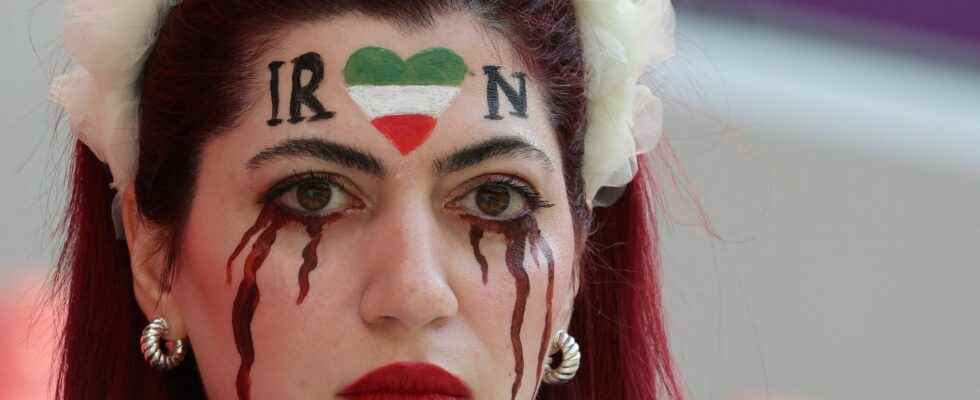Much has been written and said about the regime’s systemic violence against rebellious civilian populations, and especially women, which has swept through Iran since the death of Masha Jina Amini on September 16 while in police custody. manners for “a poorly worn veil “. More than 400 dead have been recorded, including nearly 50 children and adolescents. More than 18,000 people have been arrested, with death sentences or long prison sentences for this new charge: ” enmity against God “. We know less that the Iranian health system, however upgraded since the 1979 revolution, in particular public hospitals, are no longer secure. Caregivers, medical and paramedical staff are constantly under threat from the regime and its police in the performance of their duties. The care of the wounded is deliberately hindered or delayed by power. Patients are arrested on their stretchers in emergency departments increasingly neglected for fear of imprisonment, thereby constituting a loss of opportunity for the injured but also for the sick, acute or chronic, in a country where the first resort is the public hospital.
Doctors are forced to issue false certificates masking the origin of injuries and deaths mainly after street protests. “Most of the injured protesters who came to our house had just fled from a university or public hospital where officers working for the services are omnipresent. We decided not to mention words like “bullets”, “splinters” in the report of these patients. Instead, we put “blunt trauma” and “accidents at work”, recently testified an Iranian ophthalmologist in the newspaper Le Monde. Those who escape this benevolent rewriting are arrested. Recently Dr. Hamid Ghare Hassanlou, a radiologist, and his wife Farezaneh, were imprisoned and charged for acts they had not committed and sentenced without evidence or a lawyer, one to capital punishment, the other to 25 years in prison during a speedy trial.
Attacks on medical facilities
Many other innocent people have already been condemned and executions have begun without the most basic rights being respected, or even families being notified. At the beginning of December, doctors who had traveled to the Kurdish towns of the North-West where the repression is even fiercer to help the wounded by bullets were arrested and are still detained to this day. Many of the injured are afraid to go to hospital because some senior officials and surgeons are appointed by the regime and they give the names of the protesters to the authorities, as Iranians clarified in the medical journal The Lancet (Volume 400 , November 5, 2022).
International humanitarian law provides a framework for ensuring the protection and respect of medical personnel, health care establishments and ambulances, as well as the wounded and sick during armed conflicts, whether international or not. But this legal framework of protection does not cover all the problems linked to assaults or attacks on health services. Especially in periods of political instability and social violence like the one that Iran is going through in 2022, where attacks are perpetrated against medical teams and structures, medical vehicles diverted from their missions and patients threatened at the gates. hospitals without being able to oppose them under international humanitarian law because it is not an armed conflict. Iranian law is also violated since since the 1979 Revolution, article 29 of the Constitution of the Islamic Republic of Iran has established that every Iranian citizen has the right to enjoy the highest possible level of health.
Support from French healthcare professionals
On the spot, health professionals are trying to organize themselves and resist as best they can. Members of Tehran’s Medical Council protested against security forces that had searched protesters’ medical facilities and violated their medical neutrality. The security services forcibly dispersed the demonstration and a doctor died after being shot in the head. Caregivers and academics from the Iranian diaspora also denounce these unacceptable and inadmissible facts in public, demanding an immediate end to the violence, free access to care for the injured and total freedom for caregivers in their exercise. In France, the conference of deans of faculties of medicine and the national conference of presidents of CME recently published a statement of support for Iranian colleagues. But in the current international health and political cacophony will they be heard?
Pr Gilles Pialoux, infectious disease specialist, head of the infectious and tropical diseases department at Tenon Hospital (AP-HP), vice-president of the French Society for the Fight against AIDS (SFLS) and member of the ARSLA support committee , association for the fight against Charcot’s disease (www.arsla.org).
